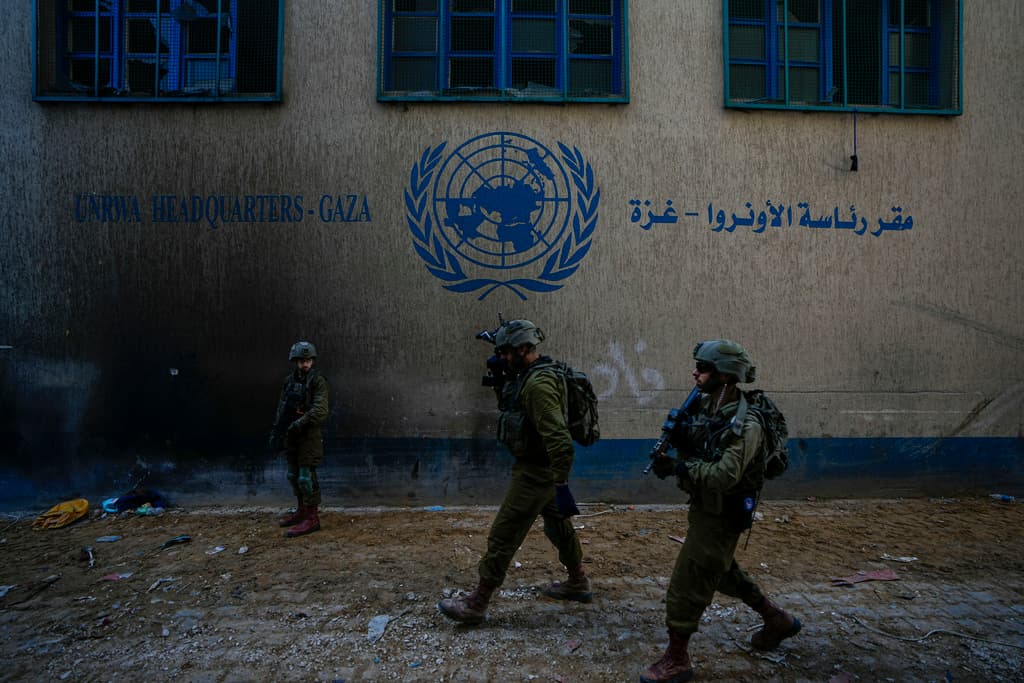A Farewell to Unrwa?
A parley at Geneva sets the stage for a long, but important, campaign to dissolve one of the oldest agencies of the United Nations. We wish them luck.

Could one of the casualties of the war with Hamas turn out to be one of the oldest constituent parts of the United Nations — the Relief and Works Agency, set up in 1949, ostensibly to help the Palestinian Arab refugees? That’s certainly the hope of the International Summit on the Future Beyond Unrwa, convened at Geneva on Monday by the non-governmental human rights organization, UN Watch.
Please check your email.
A verification code has been sent to
Didn't get a code? Click to resend.
To continue reading, please select:
Enter your email to read for FREE
Get 1 FREE article
Join the Sun for a PENNY A DAY
$0.01/day for 60 days
Cancel anytime
100% ad free experience
Unlimited article and commenting access
Full annual dues ($120) billed after 60 days

